The transformation of Detroit’s Corktown neighborhood is about to take an exciting turn, as new housing developments and retail spaces are set to rise around the much-anticipated Detroit City Football Club (DCFC) stadium. This bold urban project promises to reshape the city’s skyline and provide significant real estate investment opportunities for both local and international investors, as well as those moving to Metro Detroit. As the DCFC continues to gain traction on and off the field, its impact on Detroit’s real estate market could create a lasting legacy, combining the energy of soccer with urban revitalization and enhancing the appeal of living in Metro Detroit.
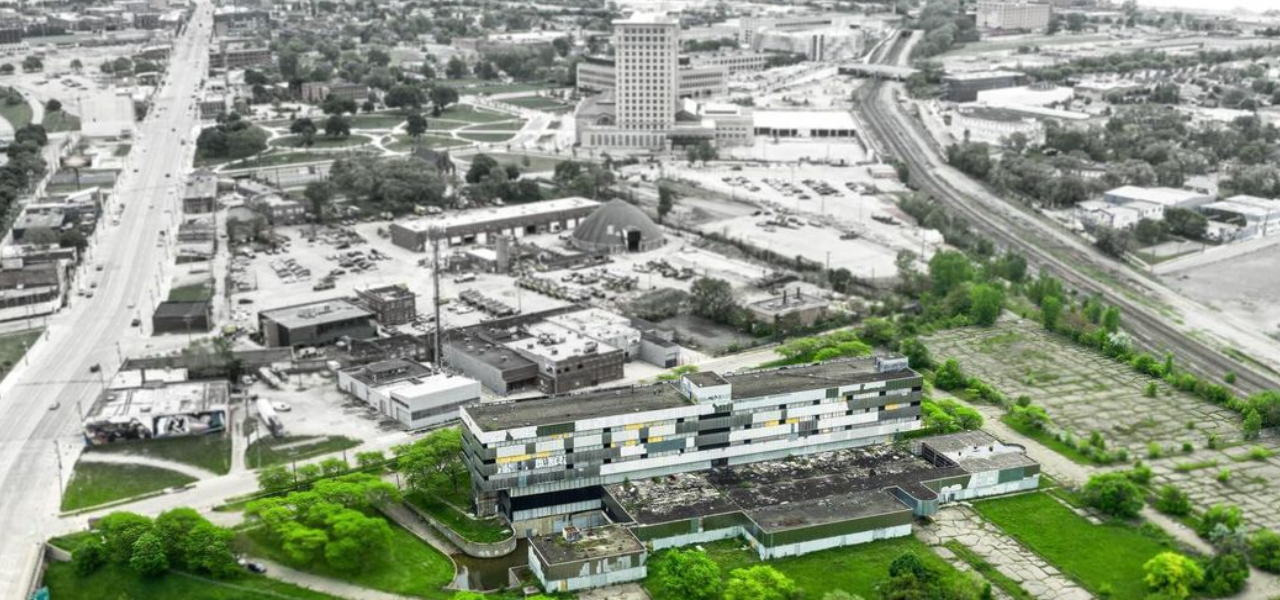 detroitcityfootballclub, instagram
detroitcityfootballclub, instagram
A Vision for Corktown: A New Urban Gateway
Method Development LLC, a prominent Detroit-based real estate firm, has been selected to oversee the ambitious transformation of the Corktown area surrounding the future DCFC stadium. The plan involves a mixed-use development that will combine modern retail spaces with much-needed housing. With a vision to create a vibrant and cohesive urban experience, Method Development has set its sights on integrating European-inspired urban soccer stadiums into the fabric of Detroit’s historic Corktown.
Amelia Patt Zamir, co-founder and principal of Method Development, envisions the project as more than just a sports stadium; it will serve as a “new gateway to the city.” Drawing from the charm and functionality of European soccer stadiums that blend seamlessly into their urban surroundings, the DCFC stadium is expected to be the heart of a community that boasts a combination of mixed-income housing, retail spaces, and pedestrian-friendly streetscapes. Zamir emphasized the team’s desire to create a global destination, reflecting the pride and resilience that Detroit has long been known for.
The stadium itself, projected to seat around 14,000 spectators, will anchor this larger development, sparking renewed interest and activity in Corktown. However, it’s the broader implications of the project that are attracting the attention of investors and real estate experts. With hundreds of housing units planned for the surrounding area, the potential for real estate investment is vast. The mix of market-rate and affordable housing ensures a diverse community that caters to a range of income levels, making this development a potential model for future urban projects across the country.
Method Development’s Role: A Major Player in Corktown’s Evolution
Method Development’s involvement in this high-profile project is a testament to its expertise in large-scale, transformative urban developments. Overseeing such an ambitious project requires a keen understanding of market dynamics, urban planning, and community engagement. With a portfolio that spans multiple real estate sectors, Method Development is well-equipped to navigate the complexities of integrating housing, retail, and entertainment into a cohesive urban district.
The strategic acquisition of key properties by DCFC has already set the stage for this transformation. Over the last six months, the club has spent over $15 million acquiring land parcels at the western edge of Corktown, a sign of its commitment to creating a world-class stadium district. One of the most notable purchases was the former Southwest Detroit Hospital, a 250,000-square-foot property that is expected to be demolished, clearing the way for new development on a 5.57-acre site.
While details on the specific number of housing units planned for the area remain unclear, sources familiar with the project suggest that hundreds of units will be constructed, offering a blend of market-rate and affordable options. These new housing units will be housed in four- to five-story buildings, which will also feature ground-floor retail spaces to create a bustling, walkable neighborhood that complements the stadium’s energy.
Real Estate Investment Opportunities: A Growing Market in Corktown
The housing developments surrounding the DCFC stadium present a unique opportunity for real estate investors looking to capitalize on Detroit’s ongoing resurgence. With a mixture of housing types and price points, investors can expect strong demand from both renters and buyers eager to live in a dynamic, sports-centric neighborhood. The proximity to downtown Detroit, combined with Corktown’s historical significance, makes this area particularly appealing for those seeking long-term appreciation in property values.
Real estate experts predict that the stadium district could become a focal point for both local and international investors, given the projected influx of people drawn to the area for sports, entertainment, and urban living. By blending residential, retail, and recreational spaces, the development aligns with the modern trend toward mixed-use neighborhoods that prioritize convenience, walkability, and lifestyle.
Additionally, the development is likely to benefit from public subsidies, further enhancing the financial feasibility of the project. These subsidies, often in the form of tax incentives or infrastructure support, could help reduce development costs and increase profitability for investors. For those with a long-term view, the combination of public-private partnership and strong market demand creates a favorable investment climate.
.png) Detroit City FC, Facebook
Detroit City FC, Facebook
The European Inspiration: Urban Soccer Stadiums as Catalysts for Growth
One of the most intriguing aspects of the DCFC stadium project is its European inspiration. In many European cities, soccer stadiums are seamlessly integrated into urban areas, serving as hubs for both sports and community activity. This model is now being adapted for Detroit, with the goal of creating a stadium district that is both functional and vibrant, drawing people in not just for matchdays, but as a daily destination.
European stadiums often feature surrounding residential and commercial developments that thrive alongside the sporting venue, contributing to a strong sense of place and identity. In the case of Corktown, Method Development is taking cues from this model, with the hope that the stadium will serve as a magnet for residents, visitors, and businesses alike. By embedding the stadium into the urban fabric, the development creates an ecosystem that supports long-term growth and sustainability.
This approach also aligns with broader urban planning trends that emphasize density, walkability, and multi-use spaces. In contrast to isolated suburban stadiums that are only activated during events, urban stadiums like the one planned for DCFC encourage constant activity and engagement. This creates a more dynamic neighborhood, where residents can enjoy the convenience of living near retail, restaurants, and public transportation, all within a short walk of their homes.
Community and Cultural Impact: Revitalizing Corktown
The Corktown neighborhood, one of Detroit’s oldest and most historically significant areas, is set to experience a resurgence as the DCFC stadium and surrounding developments take shape. This project offers a unique opportunity to revitalize the area while preserving its cultural heritage. Corktown’s industrial past and architectural character have long made it a desirable neighborhood for redevelopment, and the stadium project could serve as the catalyst that propels it into a new era of growth.
Mixed-income housing is a key component of the development, ensuring that the new neighborhood remains inclusive and accessible to a wide range of Detroiters. By offering affordable housing options, the project avoids the pitfalls of gentrification, which often displaces long-time residents in favor of higher-income newcomers. Instead, the development seeks to create a balanced community where people from different backgrounds can coexist and contribute to the area’s vibrancy.
Additionally, the inclusion of retail spaces in the development opens the door for local businesses to thrive. With increased foot traffic from both stadium-goers and residents, local retailers and entrepreneurs will have the opportunity to tap into a growing customer base. The synergy between sports, commerce, and community life creates a unique atmosphere that could become a defining feature of the new Corktown.
The Road Ahead: What Investors Should Watch
As the project moves closer to breaking ground, real estate investors should keep a close eye on key developments that could impact the timing and scope of the stadium district. With public input and city planning processes set to begin in the coming months, it’s crucial to stay informed about zoning decisions, infrastructure improvements, and potential subsidies that could influence the project’s success.
Investors should also be prepared for a competitive market, as the demand for housing in Corktown is expected to rise rapidly once construction begins. Early investors may have the advantage of securing properties at lower prices, with the potential for significant appreciation as the neighborhood matures.
Ultimately, the DCFC stadium development represents a rare opportunity to invest in a transformative project that combines the excitement of professional sports with the long-term stability of urban housing. For those with a keen eye for emerging markets, Corktown could be the next big success story in Detroit’s ongoing renaissance. As the city continues to reinvent itself, projects like these showcase the power of real estate to shape the future, creating vibrant, sustainable communities where people can live, work, and play.
In conclusion, the new housing projects near the Detroit City FC stadium present a unique and exciting real estate investment opportunity. As Corktown transforms into a vibrant mixed-use district, both investors and residents will benefit from the growth in property values and the revitalization of this historic neighborhood. With a blend of modern amenities, mixed-income housing, and prime location, the area is set to become a highly desirable destination for those living in Metro Detroit. For individuals and families considering moving to Metro Detroit, this development offers the perfect combination of urban living, community, and access to one of the city’s most iconic sports venues.
DON'T KEEP US A SECRET - SHARE WITH A FRIEND OR TO SOCIAL MEDIA!

.53.png)





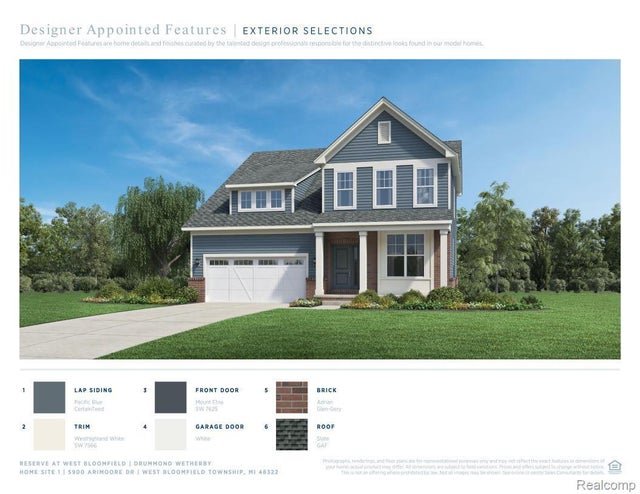
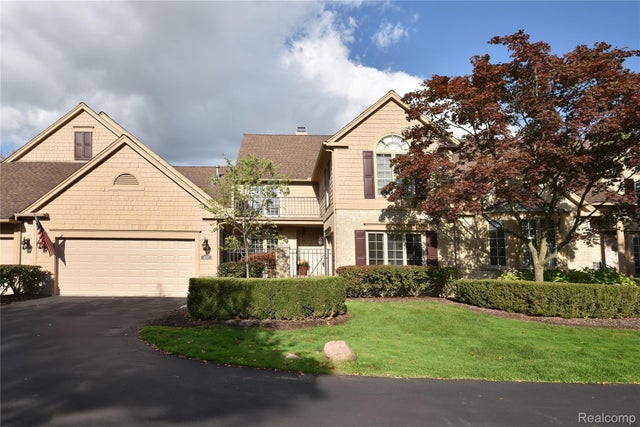
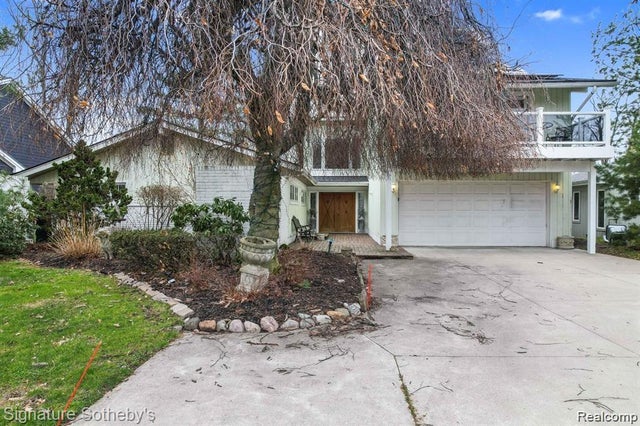
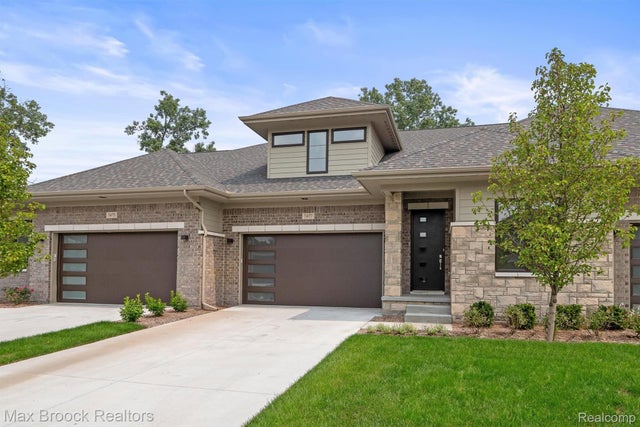
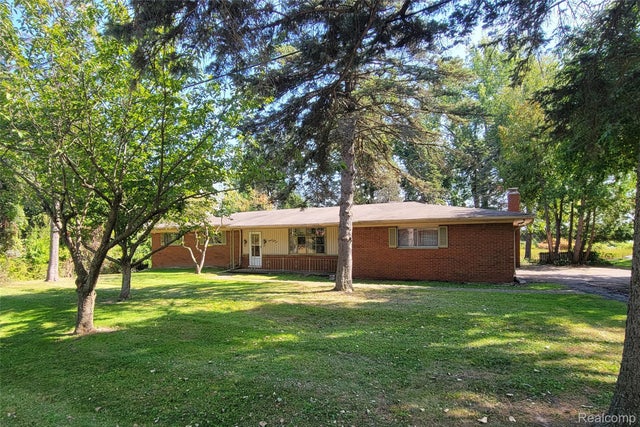
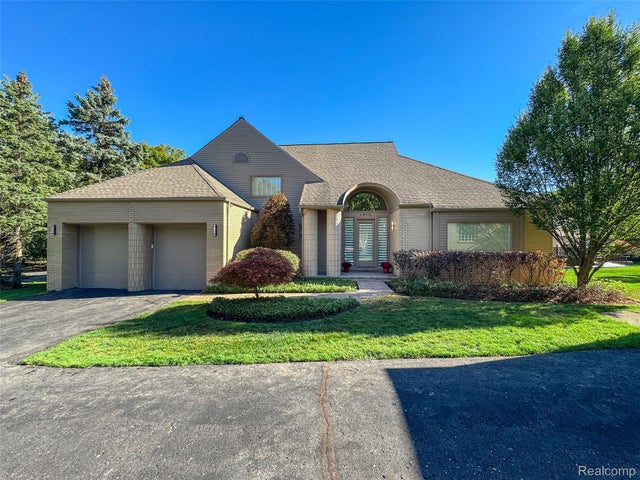
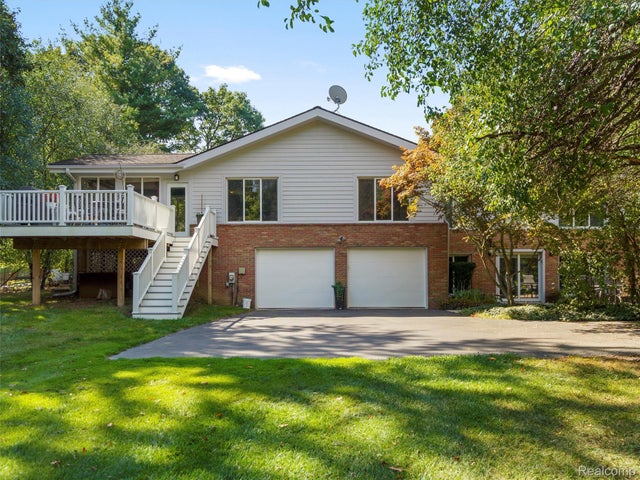
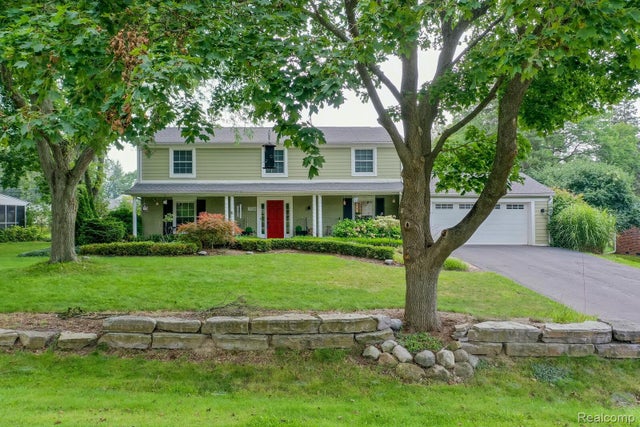
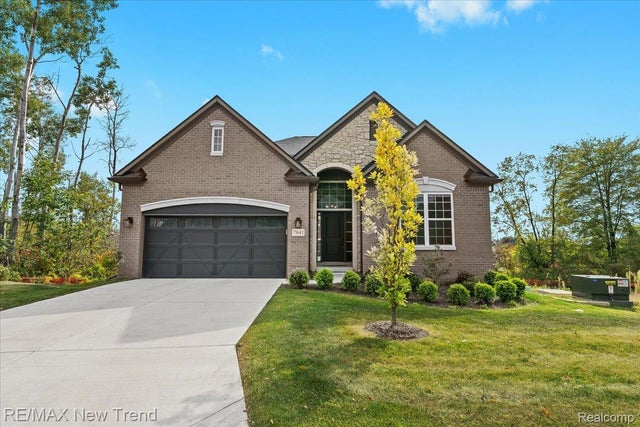
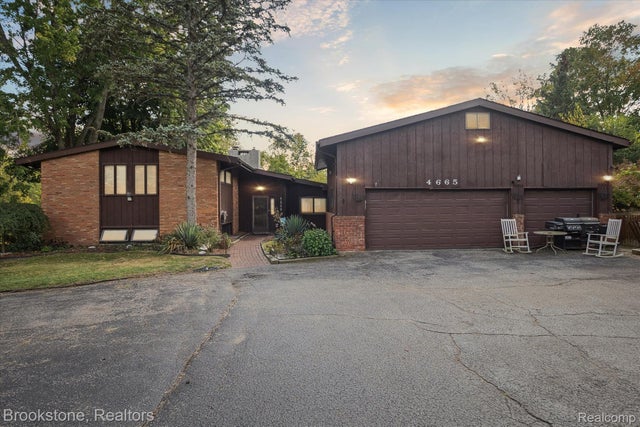
Leave A Comment